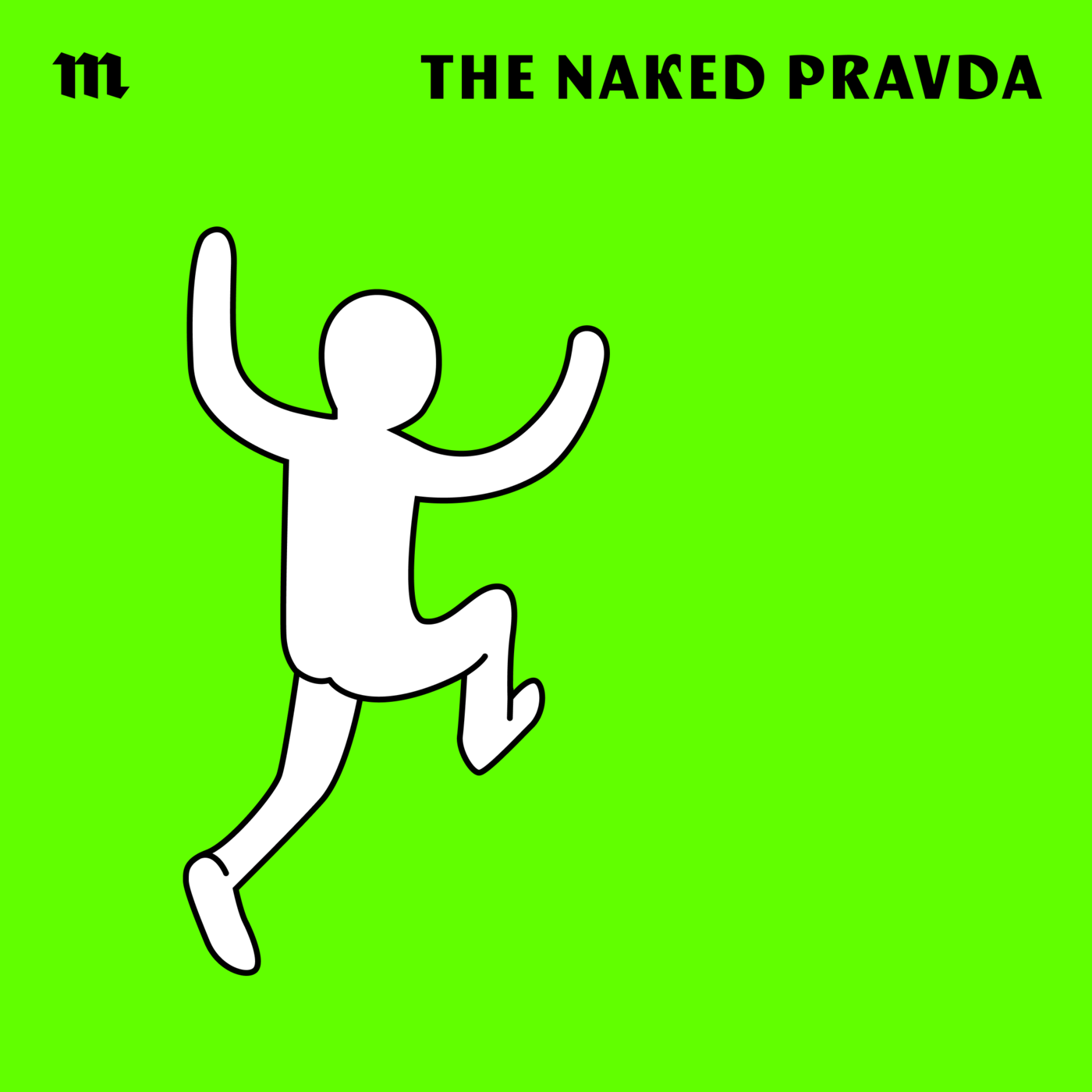In late 2019, many Internet users started noticing that the Russian state media was increasingly describing gas explosions as “gas pops” in news coverage — even when the incidents caused major damage to life and property. In fact, the number of “gas pops” mentioned in news reports jumped from a few dozen stories in early 2017 to thousands of such reports by January 2020. Meduza’s sources in the presidential administration and Russia’s security agencies say this is the result of a targeted policy to introduce more “favorable information conditions” meant to avoid a public panic when reporting gas explosions.
Since February 2020, when Meduza first published its findings about “gas pops” in Russian headlines, the significance of euphemisms in news reporting has only grown with the global spread of coronavirus.
To understand this phenomenon better, “The Naked Pravda” welcomed back media scholar Sarah Oates, a professor at the University of Maryland, and Alexey Kovalev, Meduza's head of investigative reporting.
“The Naked Pravda” comes out on Fridays. Catch every new episode by subscribing at Apple Podcasts, Spotify, Google Podcasts, or other platforms. If you have a question or comment about the show, please write to Kevin Rothrock at kevin@meduza.io with the subject line: “The Naked Pravda.”
Как поддержать нашу редакцию — даже если вы в России и вам очень страшно
